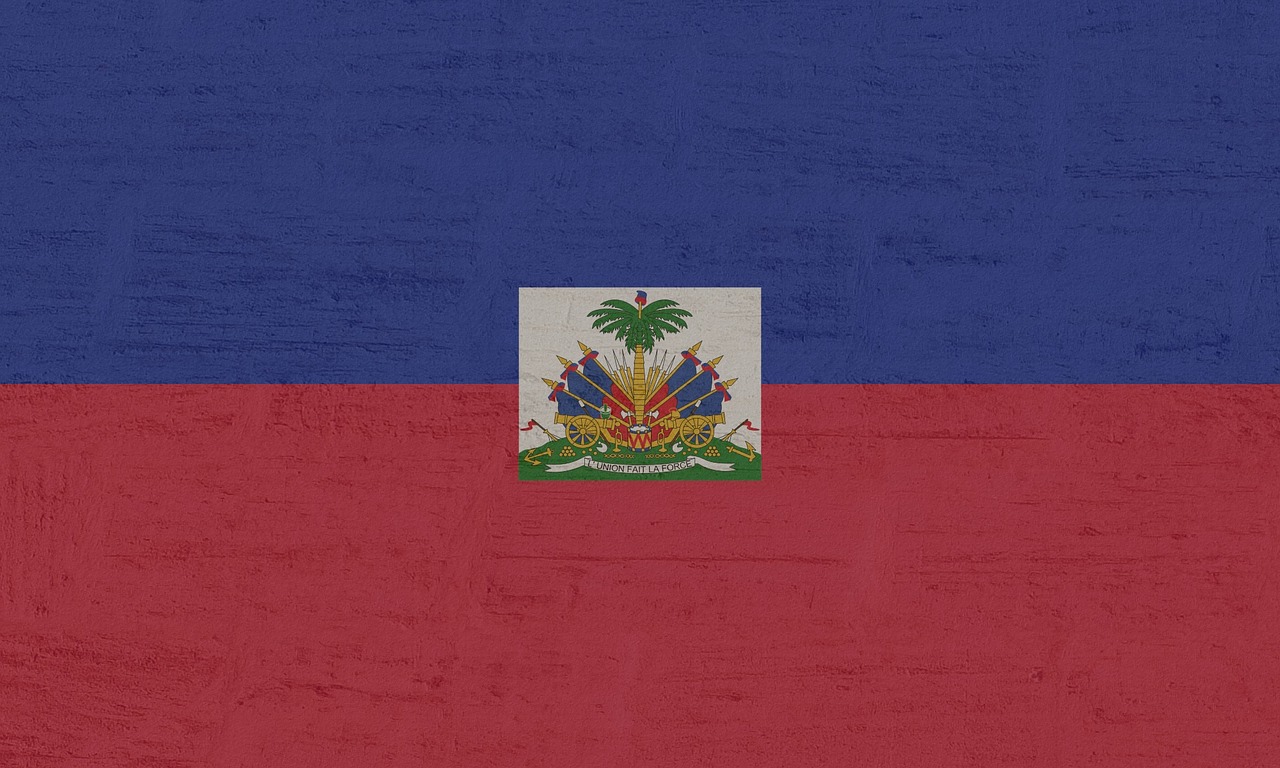15 March 2024

Flag of Haiti (photo credit: Kaufdex via pixabay)
After a meeting of regional Caribbean leaders on [11 March, Prime Minister] Henry agreed to leave power once a transitional council had been set up to lay the foundations for future elections, following weeks of violence in Haiti where social order has all but collapsed.
But Henry’s office told CNN that only he and his cabinet can appoint the transitional council and will not simply “deliver the country” to new leaders without following constitutional procedures.
“According to the Haitian constitution, only the prime minister with the cabinet can appoint the presenting council. Yes, the PM expresses his patriotic intentions to resign with his cabinet, but we have to do this in order,” special adviser to Prime Minister Ariel Henry, Jean Junior Joseph, told CNN.
“We will not deliver the country to just a group of people without following the procedure. We are in crisis as a country, but we must stay inside of the law and set a good example,” he added.
Henry’s office said Article 149 of Haiti’s constitution states that once the president is not available, only the ministerial cabinet possesses powers to make decisions in his absence.
“The council will have to go through the same process he went through when Ariel Henry became PM,” the statement said. [...] Henry came to power unelected in 2021 following the assassination of Haiti’s then-President Jovenel Moïse. His premiership has been marred by months of spiraling gang violence, which grew more intense after he failed to hold elections last month, saying the country’s insecurity would compromise the vote.
His decision only further enraged protesters who had for months demanded he stand down as Haiti slid further into poverty and unchecked chaos.
When the worst of the violence erupted at the start of March, Henry was in Kenya to sign an agreement to send 1,000 Kenyan police officers to Haiti to restore the security situation. Their deployment was postponed [...] following Henry’s announcement of his resignation.
After [the] meeting of the Caribbean Community and Common Market (CARICOM), Henry agreed that a transitional council would be established and endowed with some powers of the presidency – including the ability to name a new interim prime minister. The resulting government would be expected to eventually hold elections in the country for a complete political reset, although it is unclear how long this would take.
Jimmy “Barbecue” Cherizier, the leader of the alliance of gangs known as Viv Ansanm (“living together”), warned Monday that his group would not recognize any government resulting from the CARICOM agreement.
Read the full article here:
CNN
